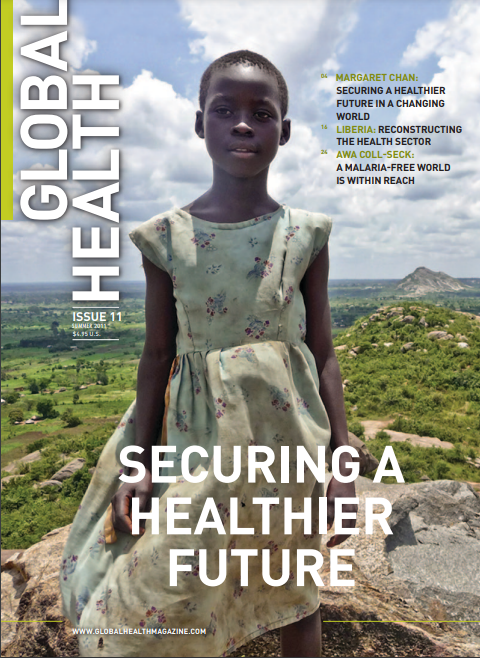
Resource Library
Paying for a Healthier Future
The majority of poor families in developing countries pay for health care out of pocket. As a result, many of them go into debt or fall further into poverty. The World Health Organization has called for all health systems to move towards universal coverage, which the WHO defines as “access to adequate health care for all at an affordable price.” A crucial aspect of achieving this goal is to develop strong financial risk pooling mechanisms, particularly in countries where ability to pay limits access to care. Risk pooling mechanisms help ensure that the level of prepayment is increased and that user fees and other out-of-pocket payments are reduced, thereby reducing households’ vulnerability to the cost of health care. Many high-income countries, as well as some middle-income ones, have achieved near-universal coverage using risk pooling models. Tax-based financing, or social health insurance schemes, as well as public-private partnerships in insurance provision help users pool risk and, as a result, decrease out-of-pocket spending. Although each of these models is currently implemented in some low-income countries, the number of their beneficiaries and their servicecoverage remain limited. The article was published in Global Health, the magazine of the Global Health Council, Summer 2011.
Resource Type :
Country :
Year : 2011-06-10T00:00:00
Language : English
Project : SHOPS


